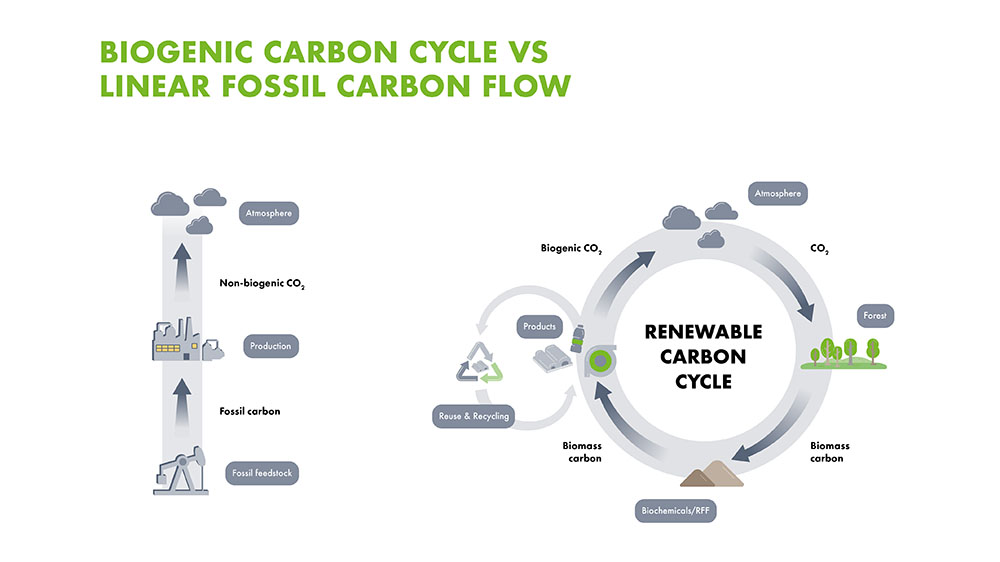Polls from around world show clear mandate for dramatic action to tackle the climate crisis, with two-thirds saying it is a “global emergency” in the UN Development Programme’s ‘The Peoples' Climate Vote’ that questioned 1.2 million people in 50 countries in 2021.
Whilst this summer’s crisis could end up being be a tipping point, earlier this year a CBS News/YouGov poll in the US found that the number of saying climate change should be addressed “right now” dropped from 56 percent a year ago to 49 percent and an Ipsos Earth Day 2022 poll of more than 23,000 adults in 31 countries, just under half said climate was an area of concern, placing it eighth on a list of 15 topics.
Why the lack of urgency? Because climate change comes gradually, with small changes every year. Consumer horizons can be short, and shocking events like the war in Ukraine will naturally dominate people’s concerns. We can imagine what's happening tomorrow but what are the consequences next year? What will the world be like 100 years from now? Nobody can really imagine.
We can see that leading brands and manufacturers are already educated about climate change and I believe that they are ready to see it as a strategic matter.
Brands know that they need to have achieved net zero before 2050, to stay in business. To achieve that, change has to happen now. We have seen quite a steep development curve of companies’ understanding and many are already positioning themselves strategically for the future that is inevitable.
So, the question remains: how to engage the public. Certainly, they are more engaged when the impact becomes personal. Here in Germany, the challenges of drought, storms and flooding have brought the climate issue to the very front of people’s minds.
But solutions need to comprehensible, easy to action – and affordable.
UPM is investing more than half a billion euros to build the world's first biorefinery to produce a range of wood-based biochemicals. This will initiate the critical switch to sustainable raw material use and significantly reduce the carbon footprint in everyday products – from PET bottles to shoe soles and sportswear, from rubber to flooring. It will radically improve product CO2 footprint by lowering CO2 emissions, compared to fossil-based alternatives.
We know that consumers are interested in bio-based solutions – a 2020 pan-European study by the Horizon 2020-funded research project ‘Bio-plastics Europe’, confirmed more than half (53%) of participants were aware of the properties of bio-based and biodegradable plastic materials. More than a third said they were willing to pay a premium for them.
Nevertheless, nearly all (93%) said information about bioplastics for consumers is insufficient, particularly in Portugal, Spain, and the UK; 85% of the sample said bioplastics are not easily available as a choice in their countries.
As UPM Biochemicals, we provide an intermediate product – an ingredient that contributes to an end product, and which can make direct and positive impact on the climate crisis, yet to the consumer it may be undetectable that we are enabling the product to exit from fossils.
Take the renewable functional filler (RFF) that we will produce to replace carbon black in rubber and moulded plastics applications, for example. This filler will bring new, renewable ingredients into a currently very unsustainable composite material – traditionally carbon black is produced by the combustion of heavy petroleum products.

On the surface, for the consumer, nothing changes – which is one of the reasons it’s a great product! But it means we need to do a good job of explaining how and why we are changing and how the RFF and the other products of the biorefinery will assist the transition towards a more sustainable rubber and plastics industry.
We need to collaborate with all companies along the value chain - the other ingredient makers to the end producers - to enable a complete exit from fossil.
It is clear there are many competing issues for any citizen to handle. But climate change is a given for the younger generation. To them, it is obvious we must act. I know this from my own children – they know why I go to work every day – they understand that I’m doing something to try and limit the impact. Future generations rightfully request us to speed things up. We don’t need more motivation than that.